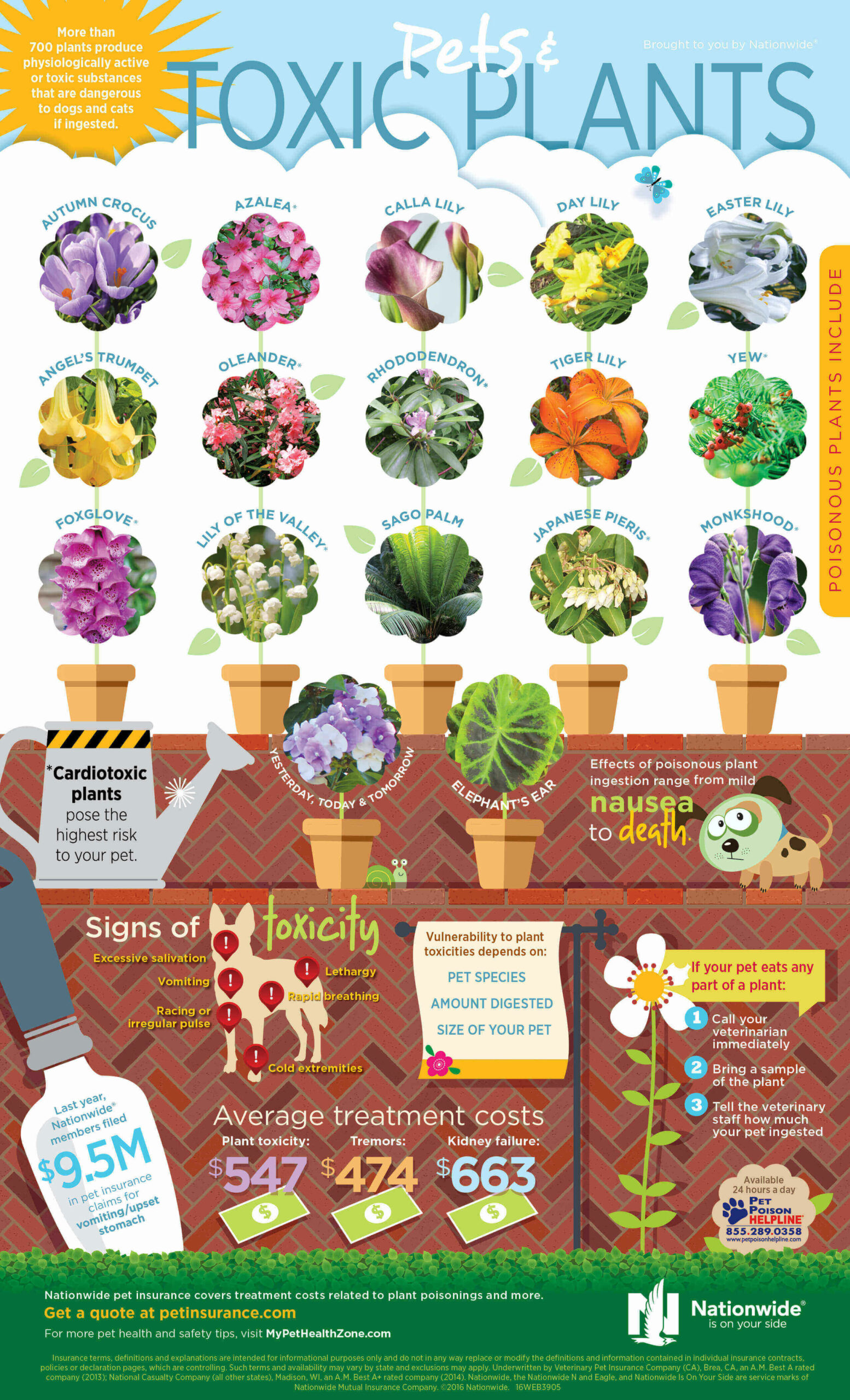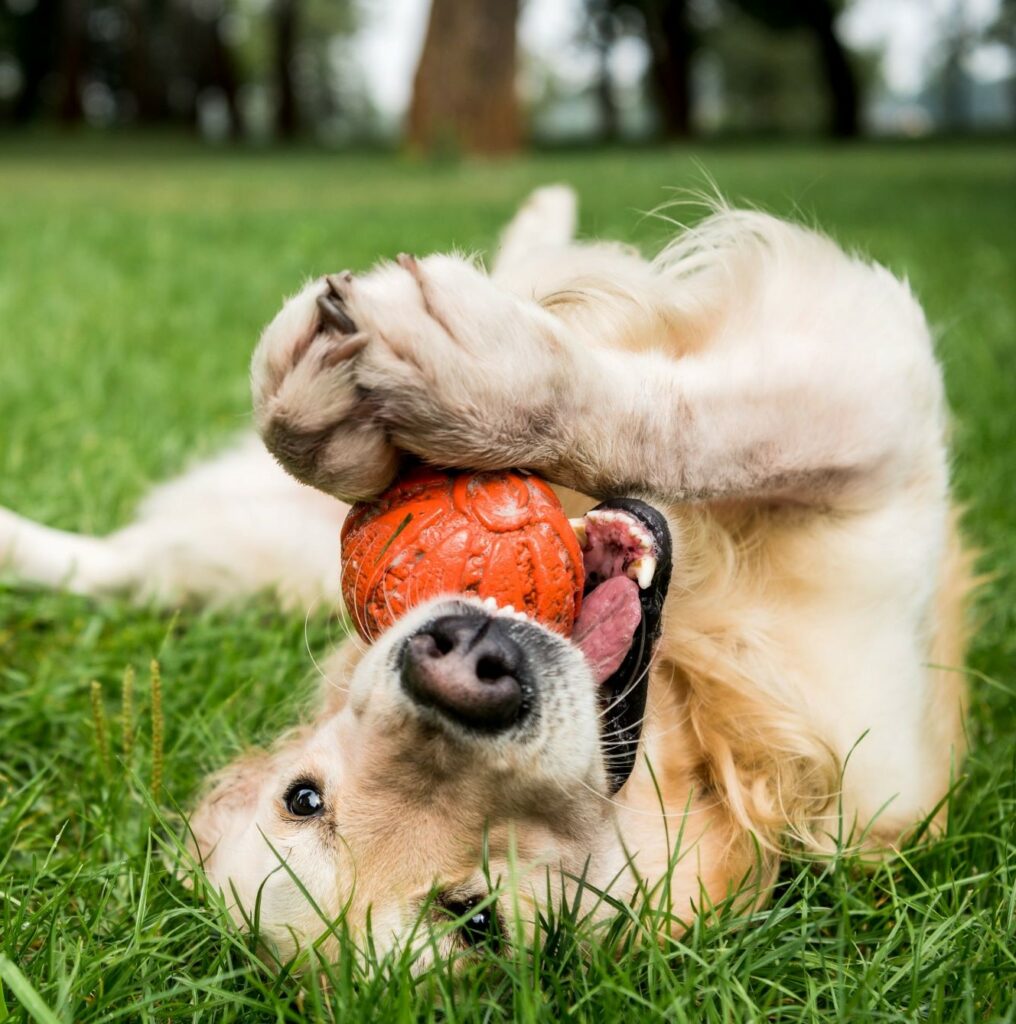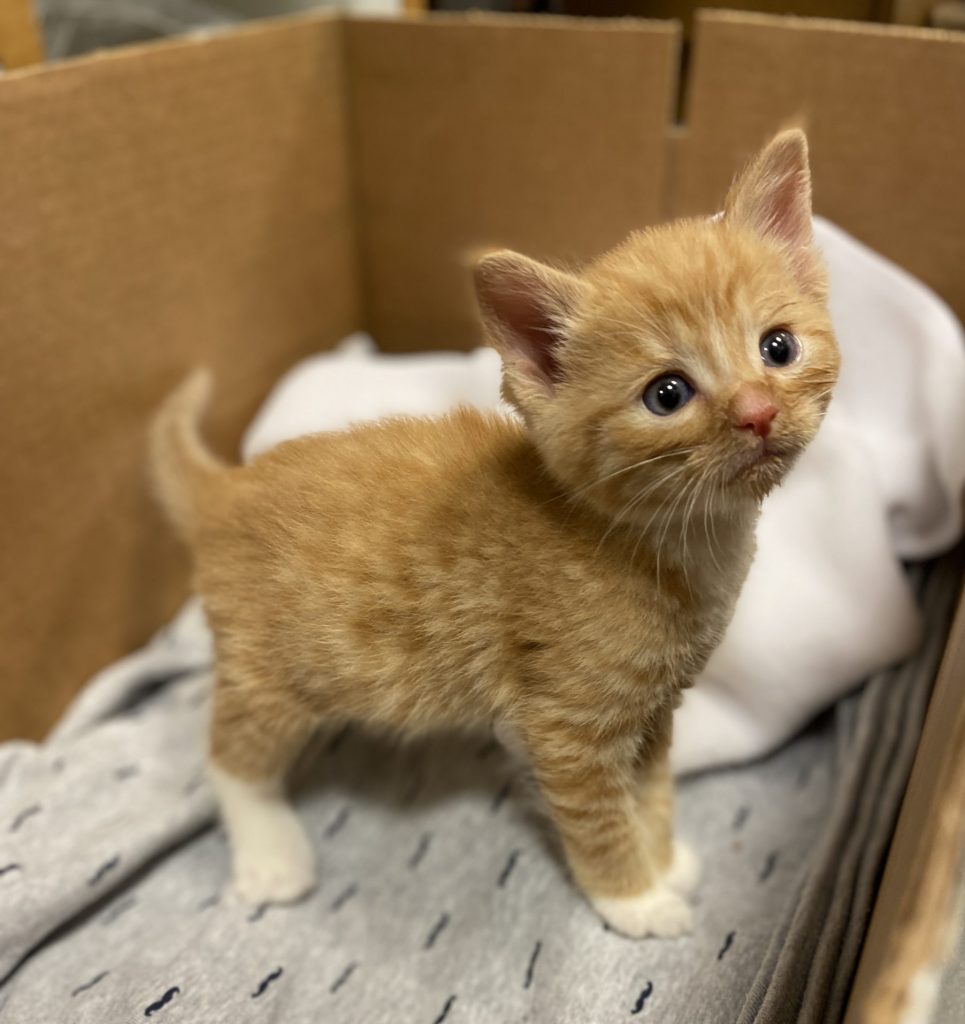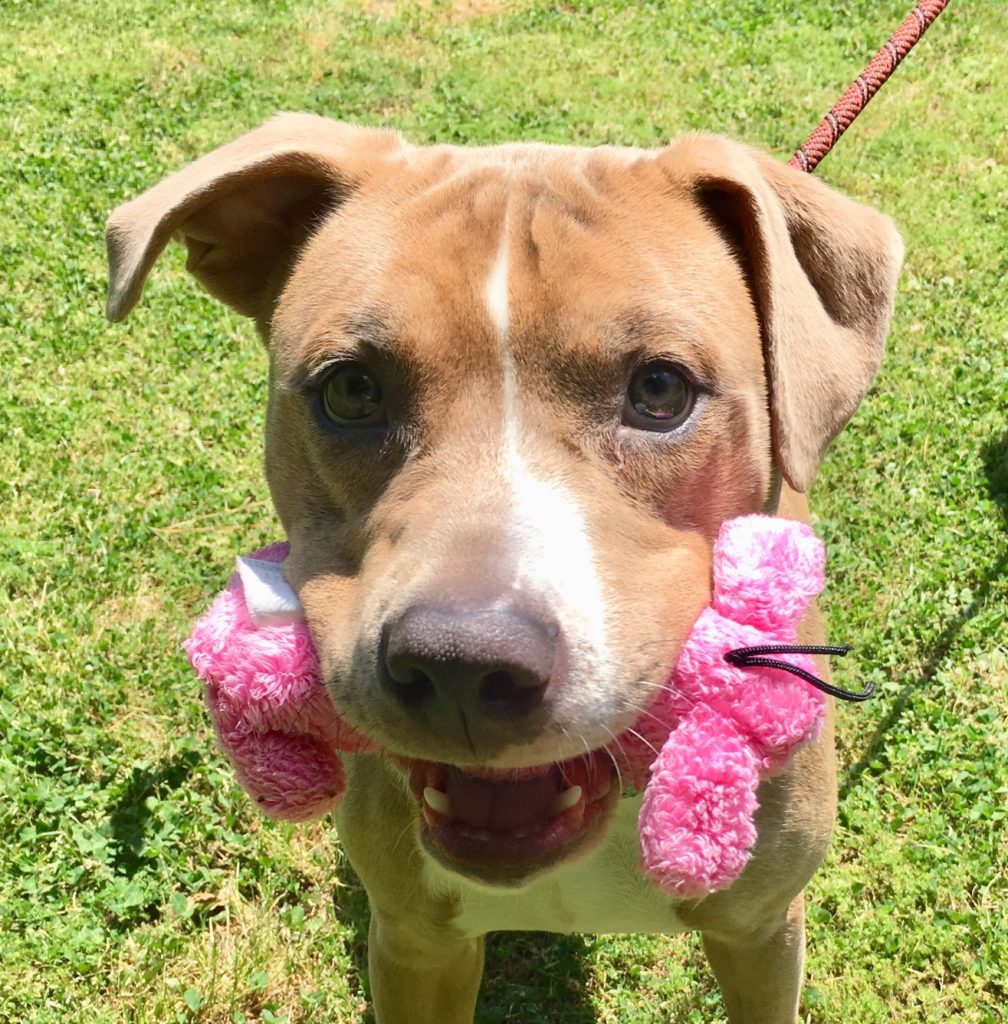 This article was featured in WYDaily on 6/17/22.
This article was featured in WYDaily on 6/17/22.
If the thought of walking on hot sand with bare feet as a child brings back searing thoughts, the same can happen to dogs’ paws. Summer is back and it’s a great time to visit precautions from beating the heat to safe gardening, some that might be even be surprising as shared by the Heritage Humane Society.
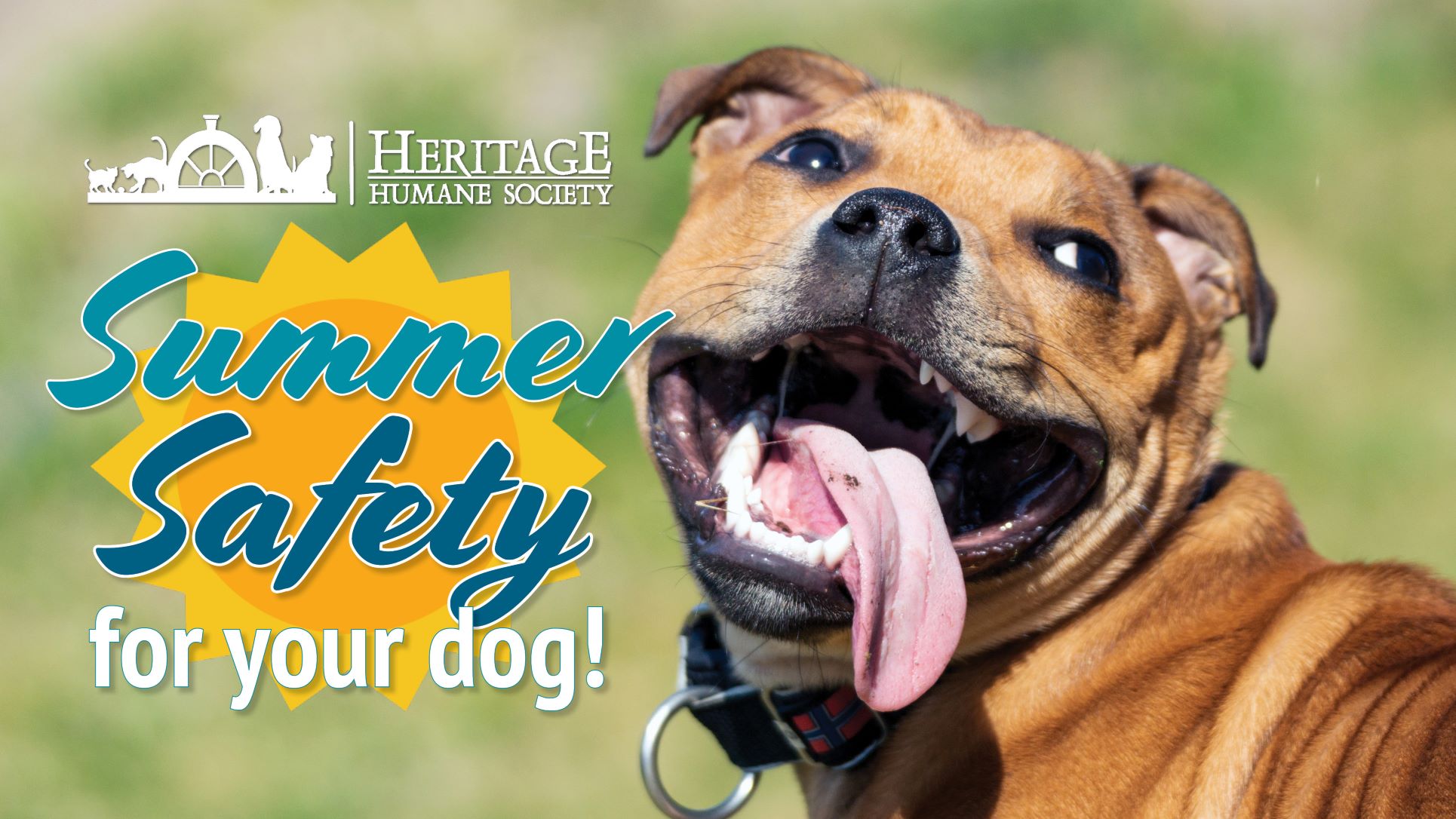
Dogs can’t turn on the A.C.
Leaving pets in the car on a hot summer day is one of the most inhumane and dangerous situations pets can endure during summer. Even seemingly mild days can be lethal.
Gone in 15 minutes!
That’s how quickly a dog can die of heatstroke if left in a car. It does not matter if the windows are cracked. Dogs stay cool by panting. If they are breathing in rapidly rising hot air, it accelerates their demise.
Heatstroke can happen fast. Signs include:
-
Excessive panting
-
Increased heart rate
-
Confusion or disorientation
-
Vomiting or diarrhea
-
Bright red gums
-
Body temperature higher than 104° F
-
Collapse, seizure, or coma
A dog that becomes overheated is considered a medical emergency. Get the dog out of the heat. Use a hose or wet towels to cool it down to 104˚F, but then stop because if it drops too low too fast, it can cause shock. Do not use ice. Even if the dog seems fine, other medical conditions may not show up right away, which makes contacting your veterinarian crucial for the recovery process.
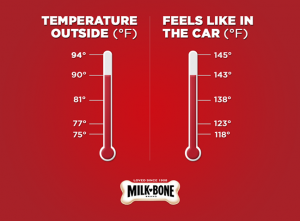
“It has been my experience that a lot of dog owners do not realize that even with the windows cracked, the car can heat up very fast (within 10 minutes) to unlivable temperatures. In the summer, it really is best to only take your dog places where it can go with you,” shares Shelby Eyer from James City County Animal Control.
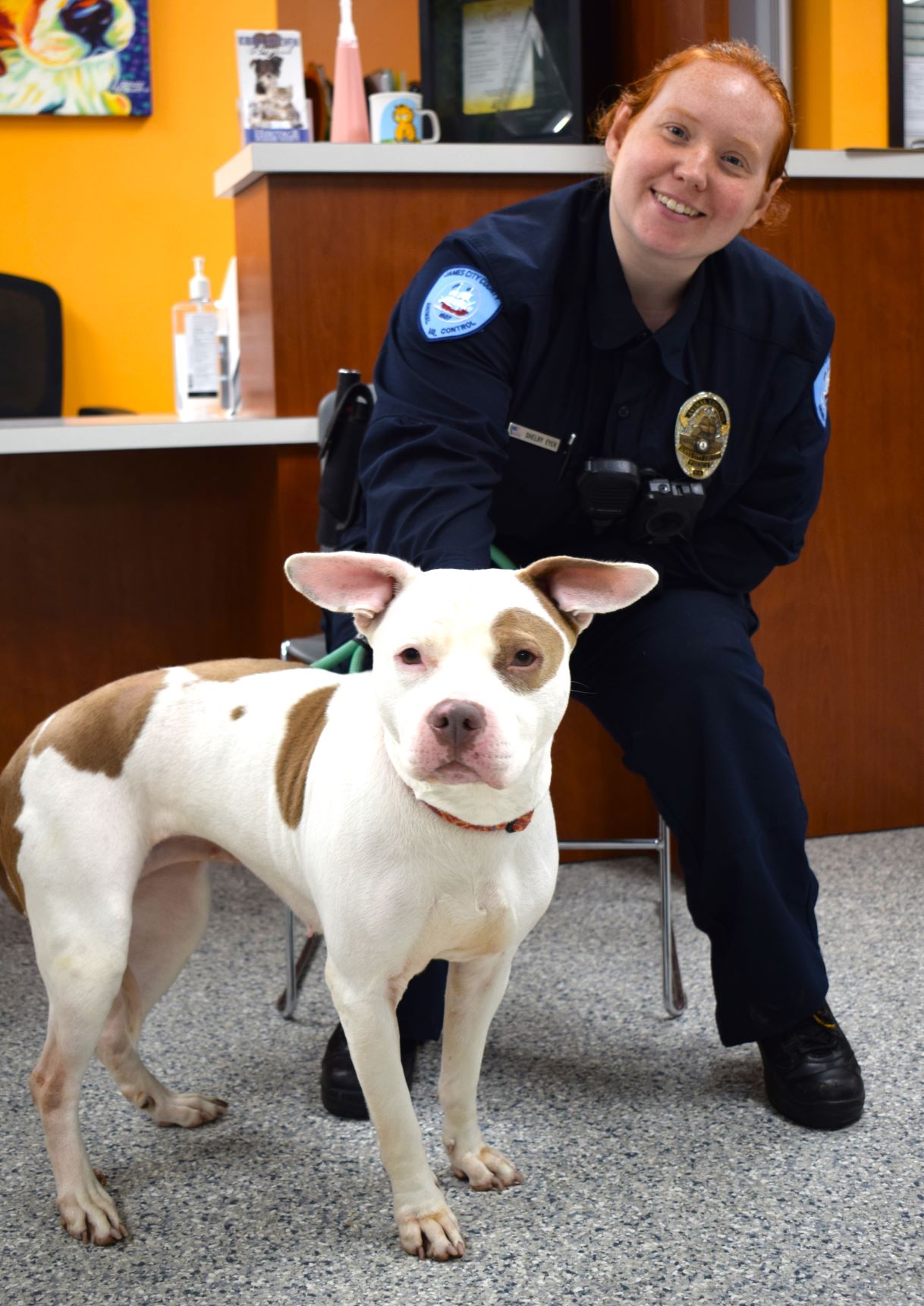
Sunscreen, it’s not just for humans
Dogs can get sunburn and even skin cancer. Those with white or light fur, exposed skin, light colored noses and/or eyelids or short fur are most prone. Too much sun can even exacerbate current medical conditions such as autoimmune diseases in pets.
There is an array of sunscreens designed for dogs, which should be put on 20 minutes prior to sun exposure. An alternative is to dress them in light clothing.
Additionally, avoid clipping fur too close to the skin. If possible, keep the coat at least 1” to help protect the skin.
Hot paws
Just as hot asphalt, sand, concrete, rocks or metal can burn or blister human feet, the same is true for pets’ paws. Be sure to test where they are walking or running. If it’s uncomfortable for you within just 5 seconds, it is for them, too. Either avoid those areas and stick to grass or shaded areas, or purchase doggie booties to protect precious paws.
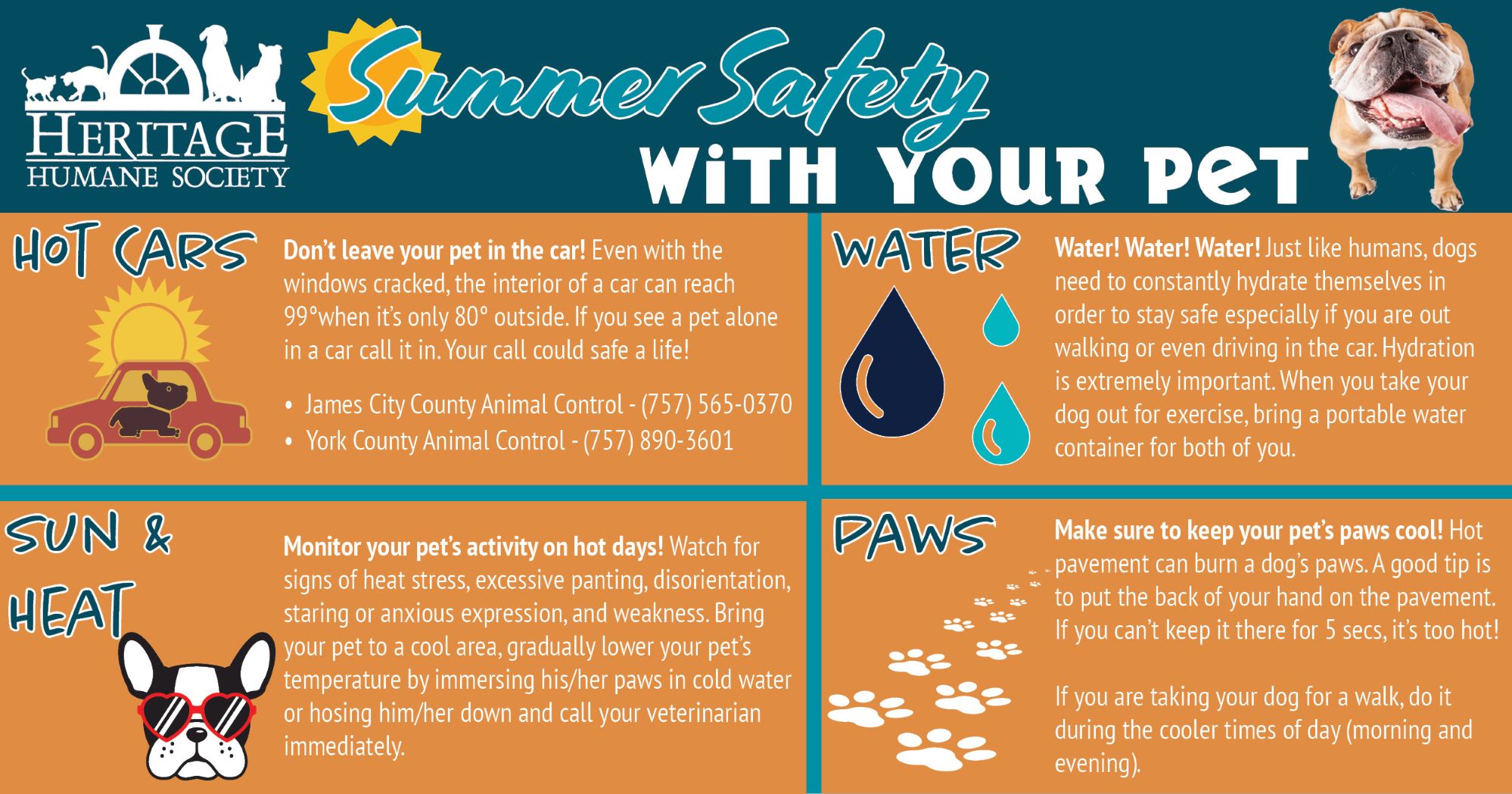
Water fun
Many dogs love swimming. With all of the beaches and boating opportunities in Greater Williamsburg and Coastal Virginia, it’s easy for dogs to tag along for summertime swimming fun. Even for dogs who are considered strong swimmers, it’s important to always keep an eye on them. They can wear out and be too far offshore or from the boat and fall into distress. Be sure to check the current. Even a seeming gentle stretch of water can have a dangerous current lurking below. Additionally, remove colors that could be snagged on obstacles such as branches that are underwater.

It’s the law
Always provide shade, food and lots of water. Virginia law requires pet owners to provide adequate shelter to protect pets from “injury, rain, sleet, snow, hail, direct sunlight, the adverse effects of heat or cold, physical suffering, and impairment of health.” Under this law, a hot car, a yard without shade, or even a dog house without shade is not enough protection from the sun. Tree shade and tarps are ideal because they do not impede airflow.
Let’s grow, safely
Did you know there are more than 700 plants that are toxic to pets? Gardening is popular this time of year. When considering what to plant, keep in mind your curious canine or cat family member. Toxicity depends on pet species and can range from nausea to death.
Popular plants such as lilies and azaleas even make the list. Play it safe by referencing this online list of poisonous plants including a search option and printable lists before heading out plant shopping. Afterall, a beautiful yard or indoor plants should bring peace of mind and not worries of hurting your pet companions.
Signs that a pet may have ingested a poisonous plant can include excess saliva, irregular or racing heartbeat, vomiting, cold extremities, rapid breathing or lethargy. If you suspect your pet has become poisoned, contact your veterinarian immediately or call the Pet Poison Helpline.
Cool treat time
Summer is synonymous with going out for ice cream and enjoying popsicles. Dogs eager to join the fun can safely do so with “pupsicles” of their own. There are a variety at grocery stores and lots of recipes online, such as this favorite popsicle recipe of Heritage Humane Society furry fans.
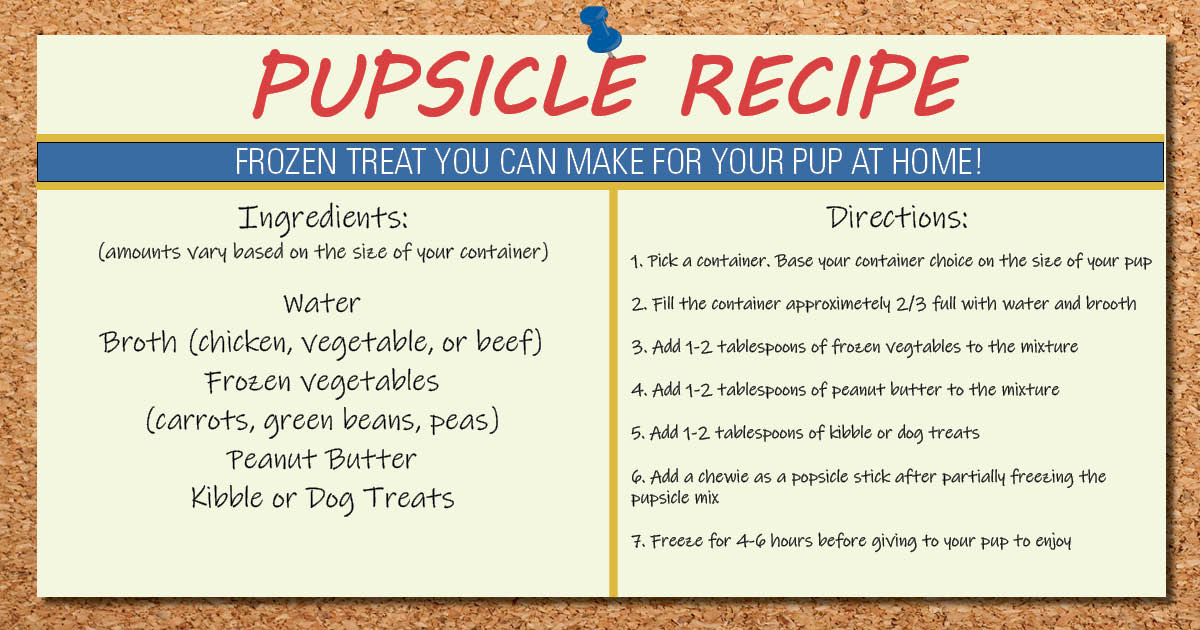
To learn more, visit HeritageHumane.org or call 757-221-0150. Heritage Humane Society is located at 430 Waller Mill Road, Williamsburg, VA 23185.
Celebrate the end of the summer with a big splash!
Is there anything better than a nice dip in the pool to celebrate the end of summer? How about a pool filled with water-loving dogs? The 2022 Heritage Humane Society Drool in the Pool is coming up on Saturday, September 10. Dogs of all shapes and sizes are invited to the Chickahominy Riverfront Park Pool from 9 a.m. to 1 p.m. All proceeds from the event benefit the homeless pets at Heritage Humane Society.

